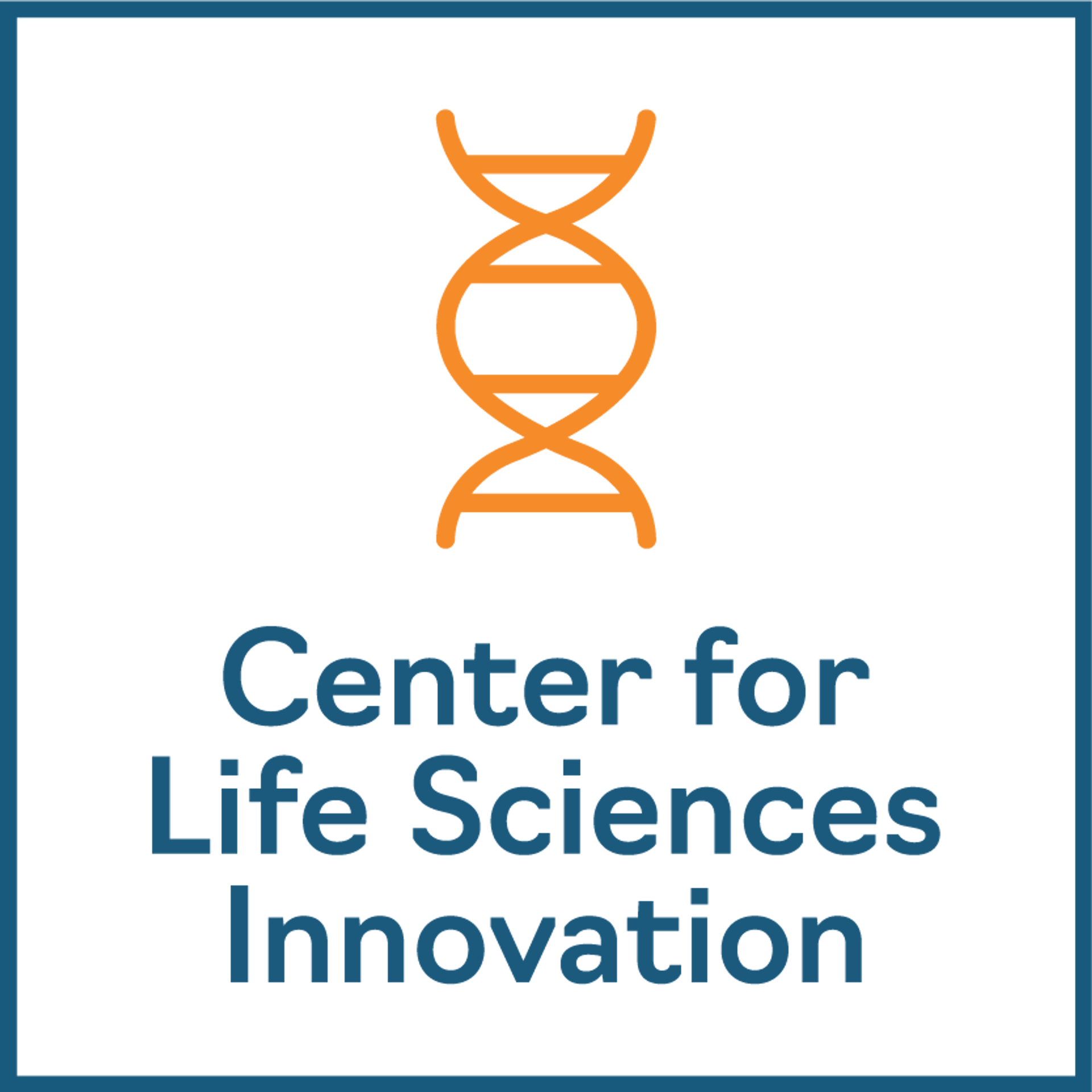How to Ensure That America’s Life-Sciences Sector Remains Globally Competitive

Event Summary
Prior to the late 1980s, the United States lagged behind other nations in life-sciences innovation, with 70 percent of new drugs introduced first overseas. But over the ensuing three decades America became the leader in life-sciences innovation through a combination of entrepreneurial activity and a concerted set of policies, including expanded investment in medical research, tax incentives for research and development (R&D), innovative technology transfer and commercialization policies, and improved FDA processes. Now other nations are becoming formidable competitors again.
If the United States is to ensure global leadership—and with it the good jobs the industry generates—it will need new, proactive policies to support life-sciences innovation here at home, while pushing back against mercantilist practices abroad.
On May 9, 2018, the Information Technology and Innovation Foundation (ITIF) hosted an expert panel discussion at the U.S. Capitol on policies needed to sustain the country’s life-sciences leadership.
To begin, Representative Peter Roskam (R-IL) spoke on the importance of the life-sciences sector. According to him, the industry’s incredible advancements of the past few decades can be attributed to America’s entrepreneurial spirit and researchers’ extensive work. “It is incumbent upon us to make sure we not only preserve that, but that we expand it,” he said.
Thus, Representative Roskam proposed a goal for U.S. policymakers: Make the United States the place that innovators want to come and make groundbreaking developments. In order to accomplish this goal, policymakers must reform trivial or burdensome regulations, protect intellectual property, and review tax policies.
After Representative Roskam spoke, ITIF senior fellow Joe Kennedy presented his recommendations to maintain America’s dominance in the life-sciences sector. Kennedy also emphasized the U.S. life-sciences sector’s innovative characteristics and strengths, such as its high R&D spending, FDA approval rates, and new drug discoveries. But he also noted one area that is lagging: The United States underperforms in trade, which is causing the country to lose much of its global market share.
In order to strengthen the industry’s global competitiveness, Kennedy suggested that Congress expand the alternative simplified R&D tax credit to 20 percent, continue to reverse the long-term decline in funding for the National Institutes of Health, expand workforce training in STEM fields, and implement an “innovation box,” which would provide favorable tax treatment for revenues generated from newly developed intellectual property. He also recommended that the government pass health care reforms that restore financial stability and provide adequate reimbursement for new therapies, and that it address unfair trade practices by other countries.
Mitch Horowitz, principal and managing director at TEConomy Partners, LLC, spoke next. He acknowledged the difficulties of innovation in the life-sciences sector, most notably that it often takes years and billions of dollars to get a drug to market. However, he also noted one of the sector’s core strengths—new innovations often translate into jobs. He recommended that the United States strengthen its intellectual property protections, maintain a well-functioning regulatory system, and figure out a coverage and payment system that supports innovation.
Following Horowitz, Amy M. Miller, president and chief executive officer at the Society for Women’s Health Research, spoke on the need for more inclusive innovations. In particular, she believes that female biology remains largely undiscovered, and as such, more women should be included in clinical trials. In order to increase the United States’ competitive advantage, she recommended that the government incentivize research, modernize the regulatory system, and provide more broad access through a good payment policy and coverage.
Joe Devaney, vice president of policy and government affairs of the Americas at Astellas, provided recommendations from a pharmaceutical company’s perspective. In his view, companies are very aware of the intellectual property protections of different countries—particularly in regard to how patents will be brought to an end. In addition, companies look for a positive partnership and regulatory environment.
Lastly, Doug Doerfler, president and chief executive officers of MaxCyte, provided his views as the leader of a pharmaceutical company. He recommends that the United States develop a strong regulatory environment with science-based guidelines, review the tax code, and protect intellectual property—particularly through a strong patents system.
Overall, the life-sciences sector plays a central role in the economy and health care system of the United States—it accounts for 4 percent of the GDP and employs over 1.2 million workers. Because of this, policymakers should ensure that the United States maintains its competitive edge and leadership position, particularly in the face of unfair competition abroad.
Follow the discussion on Twitter using the hashtag #ITIFlifesciences.
Speakers







